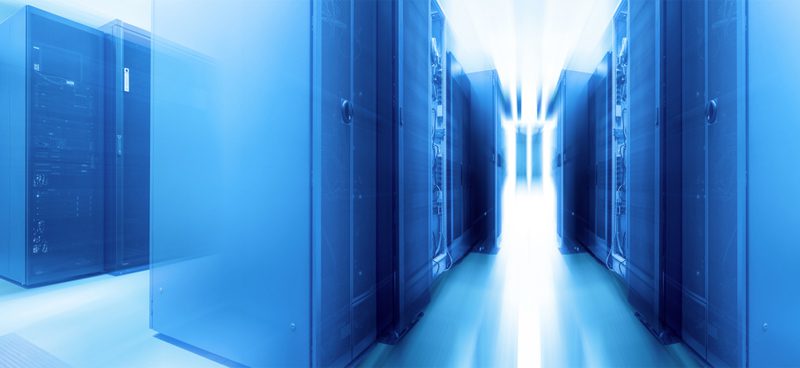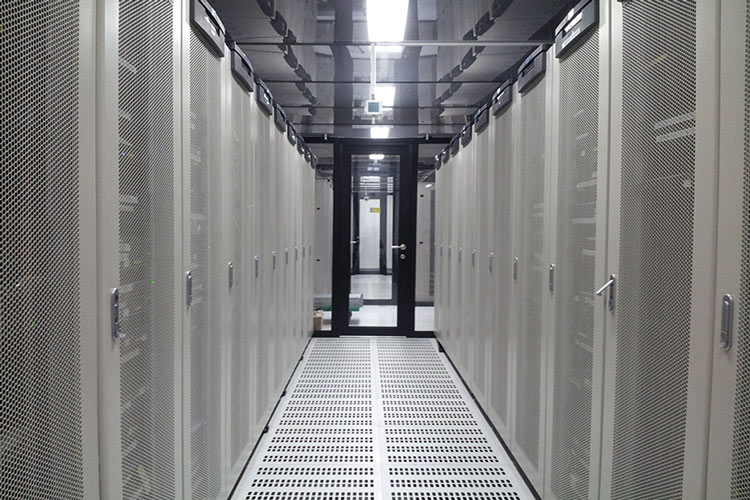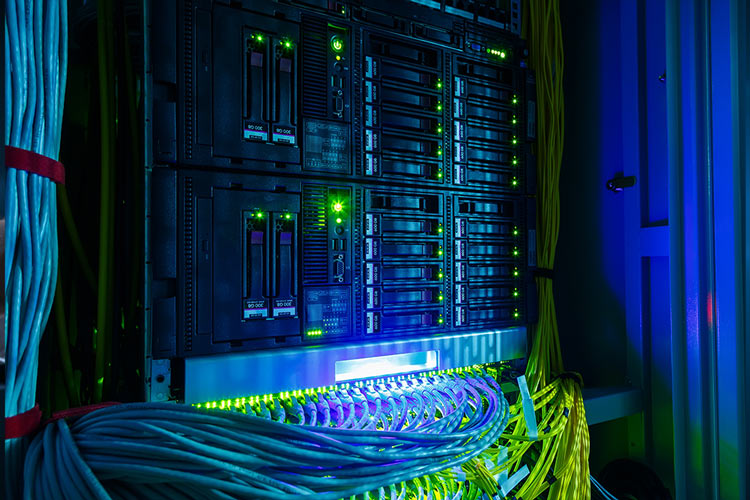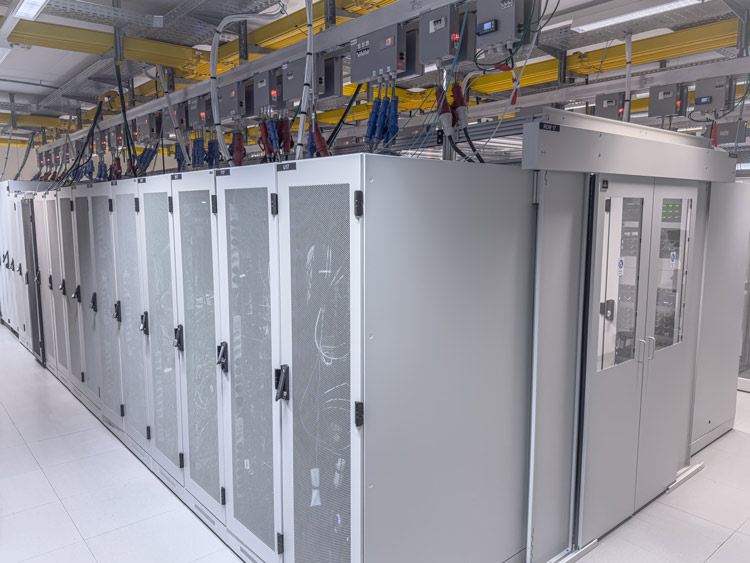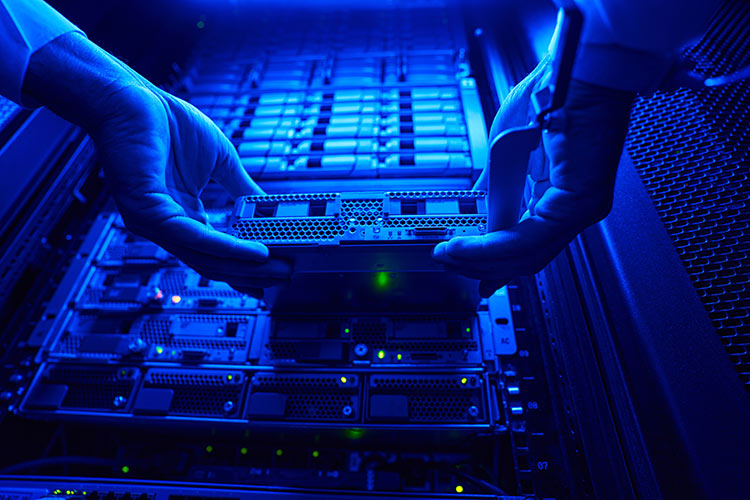Companies are transitioning to data centers because they can save capital costs, expand the company’s network, and be positioned to grow into the future. Migrating to a data center can be a timely and expensive proposition. Some of the key decisions businesses should consider in choosing the right data center are:
- Scalability. The provider should not just be able to meet your company’s current IT needs. The data center should also be capable of meeting your needs years down the road. The company should review the ability of the data center to expand your level of service at minimal cost while smoothly integrating your new hardware and any new services you offer.
- Uptime. Today, quality data centers should be reliable enough that your operations are running 99.999% of the time. Ask the data center what redundancy schemes they use.
- Technical support. If your operations run 24/7, technical support should be available 24/7.
- The time to migrate. Businesses that make the decision to migrate to an off-site data center want the data center to help them with the migration/deployment and to be ready to operate in the same time frame the company needs to prepare for the migration.
- Network environment. One reason companies want to use data centers is the opportunity to expand their computer networks to reach more customers. Companies moving to a data center should review what network options are available. Connectivity to larger networks can help your business grow exponentially. What bandwidths are available? How fast does the connectivity work?
- Do due diligence on the data center. Learn how long the data center has been in operation. Speak to some of the other tenants to get their opinion of the data center. Review the appropriate financial reports on the company to learn as much as possible about them.
- Security. Ask the data center what measures are used to limit and monitor access. Are there alarm systems, video surveillance, access keycards, security guards? Ask about every step that is being taken to evaluate and address vulnerabilities on an ongoing basis.
- Pricing. Pricing begins with the monthly costs, extra charges, training expenses, and support fees. The utility costs should be clear. How does the company charge for its technical expertise? Are there discounts for long-term contracts? Companies also need to compare the pricing to the cost of developing their own platforms. There should be an analysis of the return on investment (ROI).
- The location of the data center. While companies access data centers worldwide, it is useful for the IT staff to be able to physically visit the data center site within a reasonable short period of time. It helps to be able to see how the computer hardware is being stored so security issues can be addressed, disaster recovery issues can be remedied, what utility resources are being used, and to understand what upgrades work logically.
Companies should explore other implications for how the move to a data center might impact their operations, such as how access to the cloud will work and who will manage any cloud services.
Connect with a knowledgeable data center consultant now
Not all data centers are created equally. There are many economic, technical, business, and legal factors that go into choosing a data center. The right data center will have the recourses to match your current and future needs. A good data center understands how various businesses work so they can help companies migrate in a timely and competent manner.
Ready to See How Volico Data Center Can Help You?
Have one of our friendly experts contact you to begin the conversation. Discover how Volico can help you with your Data Center needs.
• Call: 888 865 4261
• Chat with a member of our team to discuss which solution best fits your needs.

